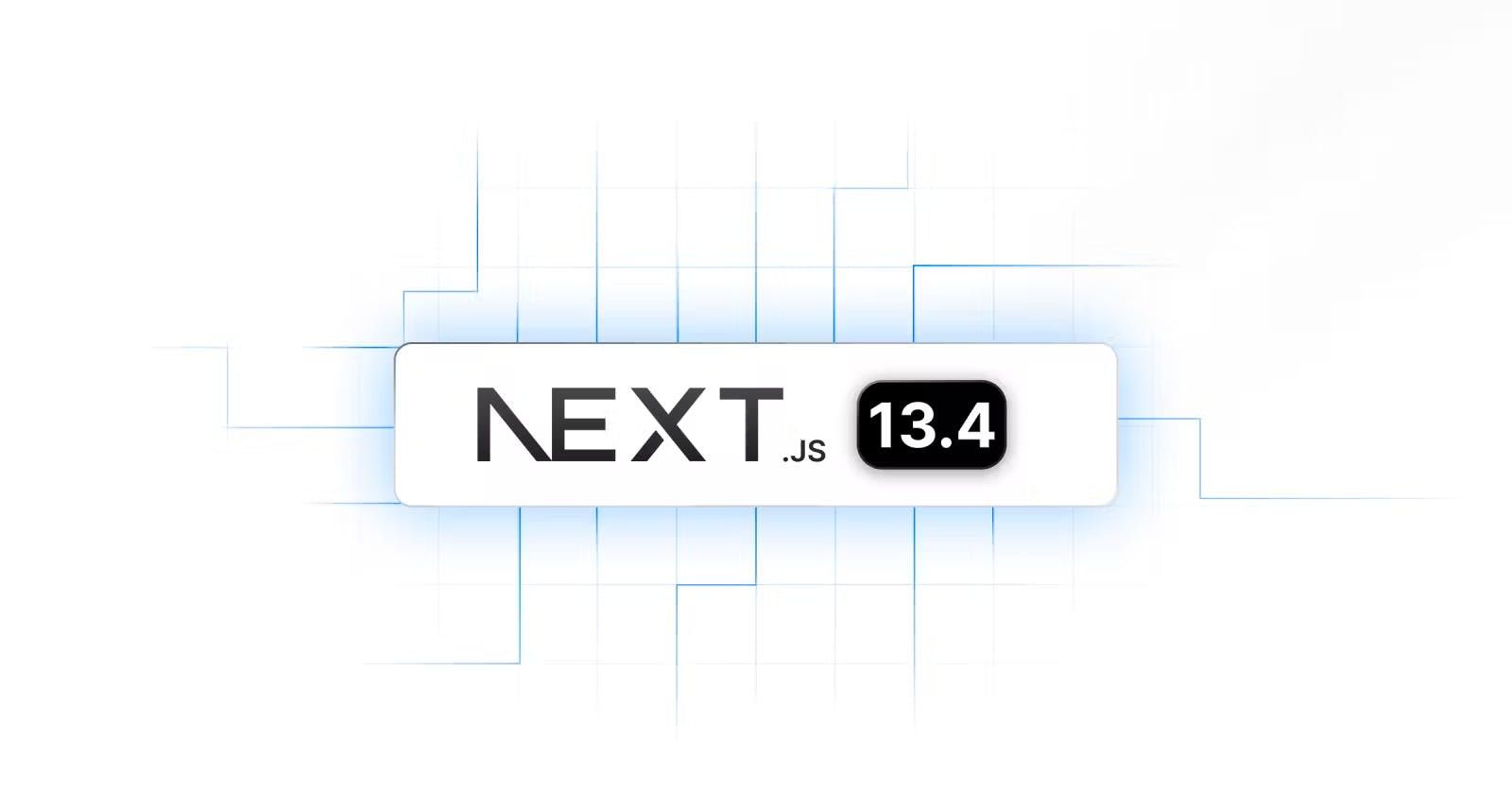The Improved Webpack 5 Integration is a new feature in Next.js 13.4 that enhances the integration between Next.js and Webpack 5, which is the latest version of the popular JavaScript module bundler. Here are some of the key benefits of this integration:
Before moving further, let's see what is webpack. (Skip this if you know)
Webpack is a popular open-source module bundler for JavaScript applications. It is used to take all of the individual modules, assets, and dependencies that make up a JavaScript application and bundle them together into a single file (or multiple files) that can be served to users.
Webpack works by creating a dependency graph of all the modules and assets in an application. It then uses this graph to generate an optimized bundle that includes all of the necessary code and assets for the application to run.
Webpack is commonly used in modern web development to bundle together JavaScript frameworks, libraries, CSS files, and other assets into a single file that can be easily served to users. It can also be configured to support features such as code splitting, lazy loading, and hot module replacement, which can improve performance and developer productivity.
Overall, Webpack is a powerful tool for managing the complex web of dependencies and assets that make up modern JavaScript applications, and it has become an essential part of many modern web development workflows.
Faster Build Times: Webpack 5 includes many performance optimizations, which can lead to faster build times for your Next.js applications. This means that you can develop and iterate on your code more quickly, which can help you to be more productive.
Smaller Bundle Sizes: Webpack 5 also includes several optimizations that can reduce the size of your application's JavaScript bundle. This can lead to faster load times for your users, which can improve their experience on your site.
Better Caching: Webpack 5 includes support for persistent caching, which can improve the speed of your builds by reusing previously generated assets. This means that if you make changes to your code, Webpack can reuse existing assets instead of regenerating them from scratch, which can save a significant amount of time.
Improved Compatibility: Next.js 13.4's improved Webpack 5 integration includes better support for a wide range of JavaScript features and frameworks. This means that you can use the latest tools and frameworks in your Next.js applications without worrying about compatibility issues.
Overall, the Improved Webpack 5 Integration in Next.js 13.4 is a powerful new feature that can improve the performance and productivity of your Next.js applications. By taking advantage of the latest optimizations and features in Webpack 5, you can create faster, more efficient, and more reliable web applications.
